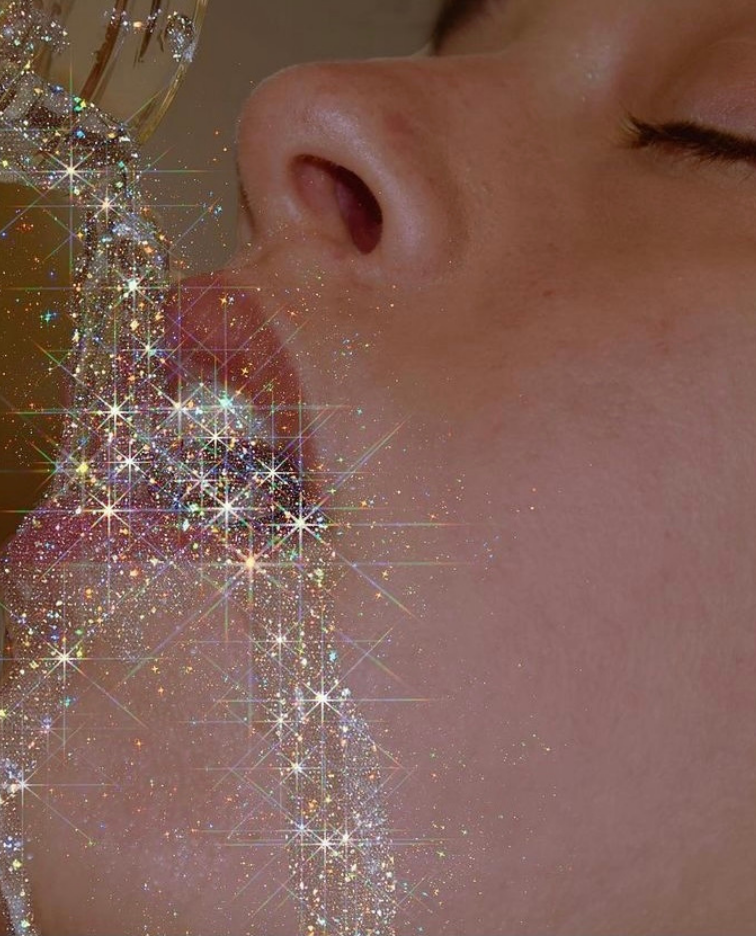



Before modern medicine, our industrious ancestors turned to natural remedies to fight off ailments, and no ingredient was more coveted than honey — with its antioxidant and antibacterial properties, honey proves just how amazing nature is.
We all know the basics of how this sweet goodness comes to be: Bees make honey using the nectar of flowers (that’s why you’ll find those buzzy little friends resting on your flower beds). After bees extract nectar using their tongues, it’s stored in their extra stomach. While jiggling around in there as our bee friend flies around doing bee things, the nectar mixes with enzymes that change its compositional compound and pH, and is passed from bee to bee inside the hive before it’s deposited into the honeycomb.
Though you may be side-eyeing your jar of honey now that you know about the process, it’s an important piece of the puzzle that helps us understand why there’s such power in honey. Here are some of the incredible benefits and uses of honey.
There have been short and long term studies to examine the effects of honey on humans, and one of the most compelling findings is honey’s strength as an antioxidant powerhouse. One study found that honey raises levels of disease-fighting antioxidants in the blood, and is thought to reduce the risk of heart disease and cancer because of the concentration of polyphenols — a powerful antioxidant. So the next time someone gives you a hard time for how much honey you’re splashing in your tea, just tell them you’re doing your part to prevent the rise in heart disease.
Honey is also a phytonutrient immune booster — aka compounds derived from plants that contain antioxidants, enhance intercellular communication, repair DNA damage from exposure to toxins, detoxify carcinogens, and alter estrogen metabolism — all of which helps improve your immune system. (And yet another reason people associate honey with curing colds and sore throats!)
Unprocessed honey is also said to contain more of the original enzymes and amino acids, which can result in more naturally occurring antibacterial and antiviral properties. Some people affected by seasonal allergies even use raw, locally cultivated honey in an attempt to make themselves less sensitive to the pollen they are exposed to in their own backyards and neighborhoods — but scientific studies are limited on confirming the validity of this claim.
Honey contains a specific compound that gives it an antibacterial property that helps in curing bacterial infections in the stomach while creating a balanced gut. In particular, manuka honey — a product from that small but mighty island nation of New Zealand — has especially been touted as being helpful for digestion.
Rest is so important for humans, and yet it’s something that we consistently neglect. If you’re having trouble getting those quality zzz’s, the answer might be in honey. The science behind it is pretty simple: Your brain’s main source of energy is glucose, and typically, our bodies go for the most easily-accessible sugar when looking for those glucose cells. When you eat a teaspoon of honey before bed, you’re giving your body an easy supply to help it heal and repair while you sleep. When you have low glycogen, your brain has to spend extra time seeking out the fuel it needs. Make it easy on your poor brain, why don’t you?
Honey also aids in the release of melatonin, a hormone crucial for nightly restoration. Why take a pill when you can lick a spoon of honey? Yum!
Last and certainly not least, honey is powerful when used on our biggest organ — our skin. Honey is said to soften and brighten skin, increase moisture, and clear up blemishes because of its antimicrobial properties. It’s an all-natural ingredient, and should therefore be good on sensitive skin too (but we always recommend a patch test; you’d hate to find you were allergic the hard way!). We also recommend looking at unpasteurized, natural, and active options at your local grocery or health food store.
If you want to support local honey, search for beekeepers in your area, or check out some links like this and this — and happy honey-ing, honey bees!